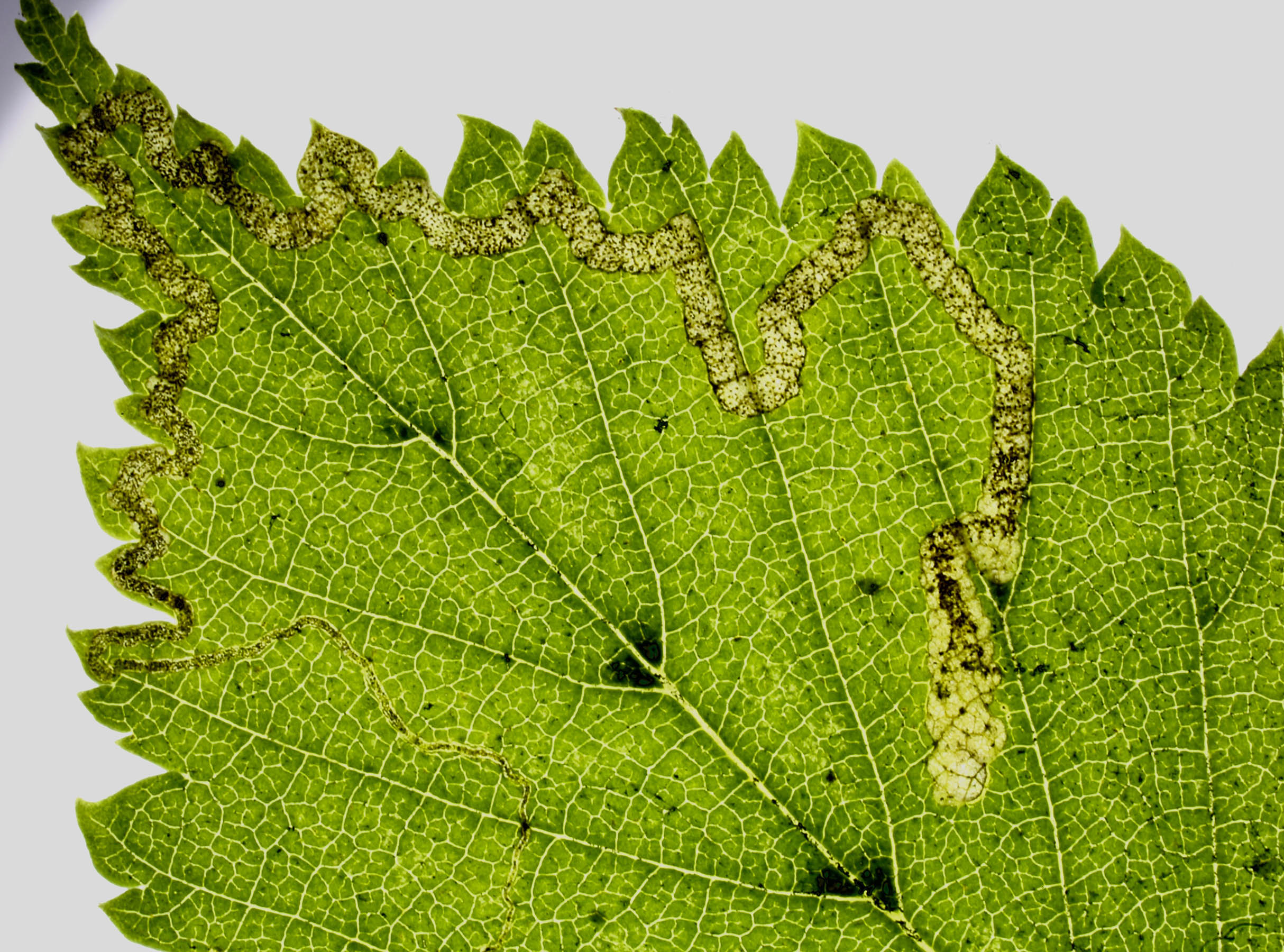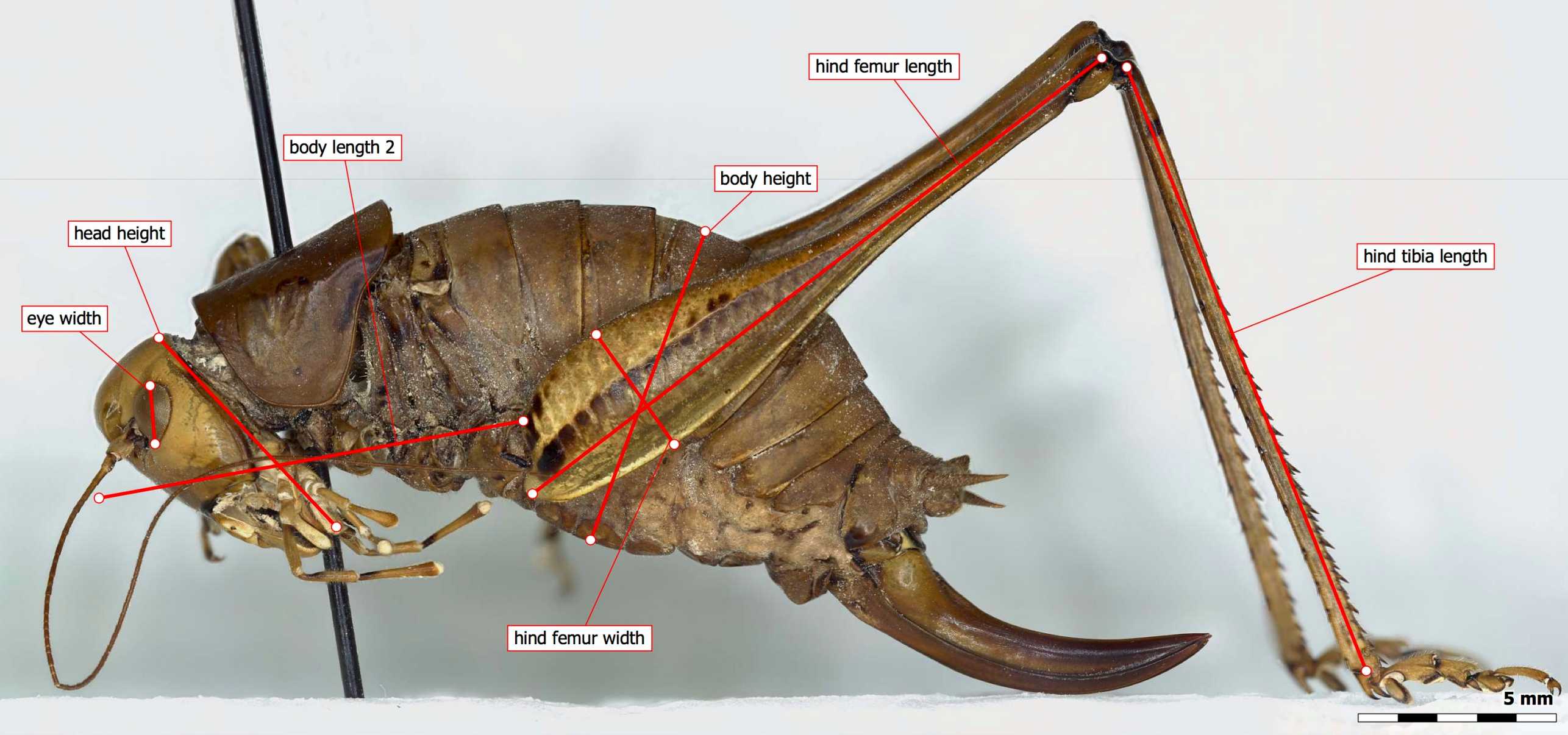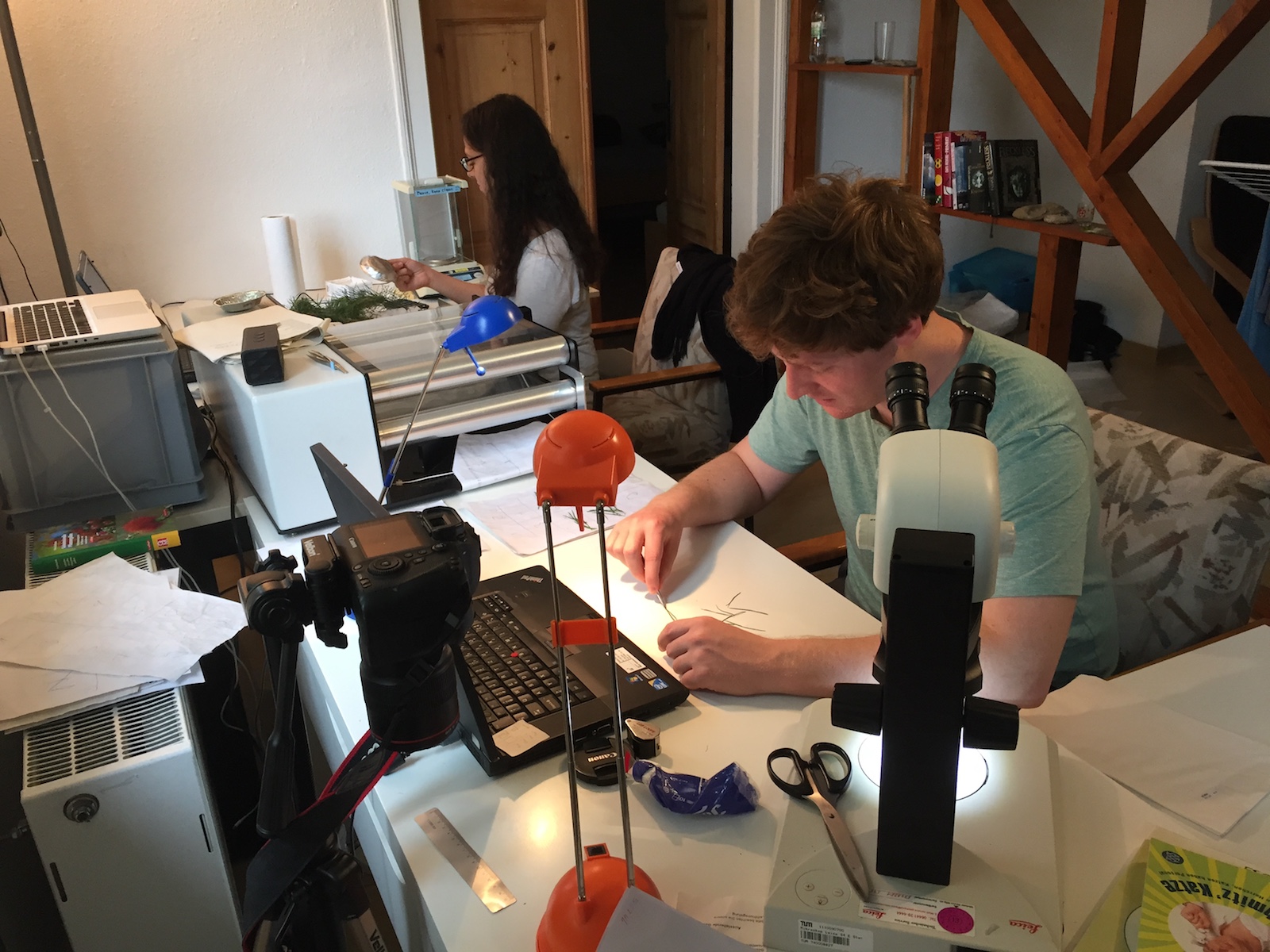FuncNet
Land-use effects on functional networks and consequences for ecosystem processes
Ecological communities are shaped by biotic interactions and abiotic environmental filters at different spatial scales, determining which species can reach and persist in a certain habitat. Species traits play an important role in these processes and thus a functional perspective, going beyond the mere study of species identities, is considered as promising approach to better understand underlying mechanisms. The contribution of biotic interactions and environmental filters to community assembly is still little known, especially in response to human-induced land use change and intensification, which are major drivers of biodiversity loss and biotic homogenization.
This project aims to address this topic by investigating the effects of potential environmental filters accompanying agricultural and silvicultural land use on plant and insect communities and their interactions within the frame of the large-scale and long-term project external page Biodiversity Exploratories. Using a functional trait perspective, we want to identify important insect traits responding to different filters such as historic and current landscape composition and local land use intensity and relate insect community composition to plant community composition using interactive networks and a trophic response-effect framework. Finally, we will study how those effects influence different ecosystem functions. A major focus is placed on insect herbivory, an important ecosystem process at the base of many food webs.
This study will enable an estimation of the relevance of different pathways linking land use, plant and insect communities, and ecosystem processes. This will improve predictions of the consequences of forest and grassland management for biodiversity and ecosystem functioning. Additionally, a better mechanistic understanding will help to optimise management strategies aiming at reducing negative effects on these ecosystem processes.



